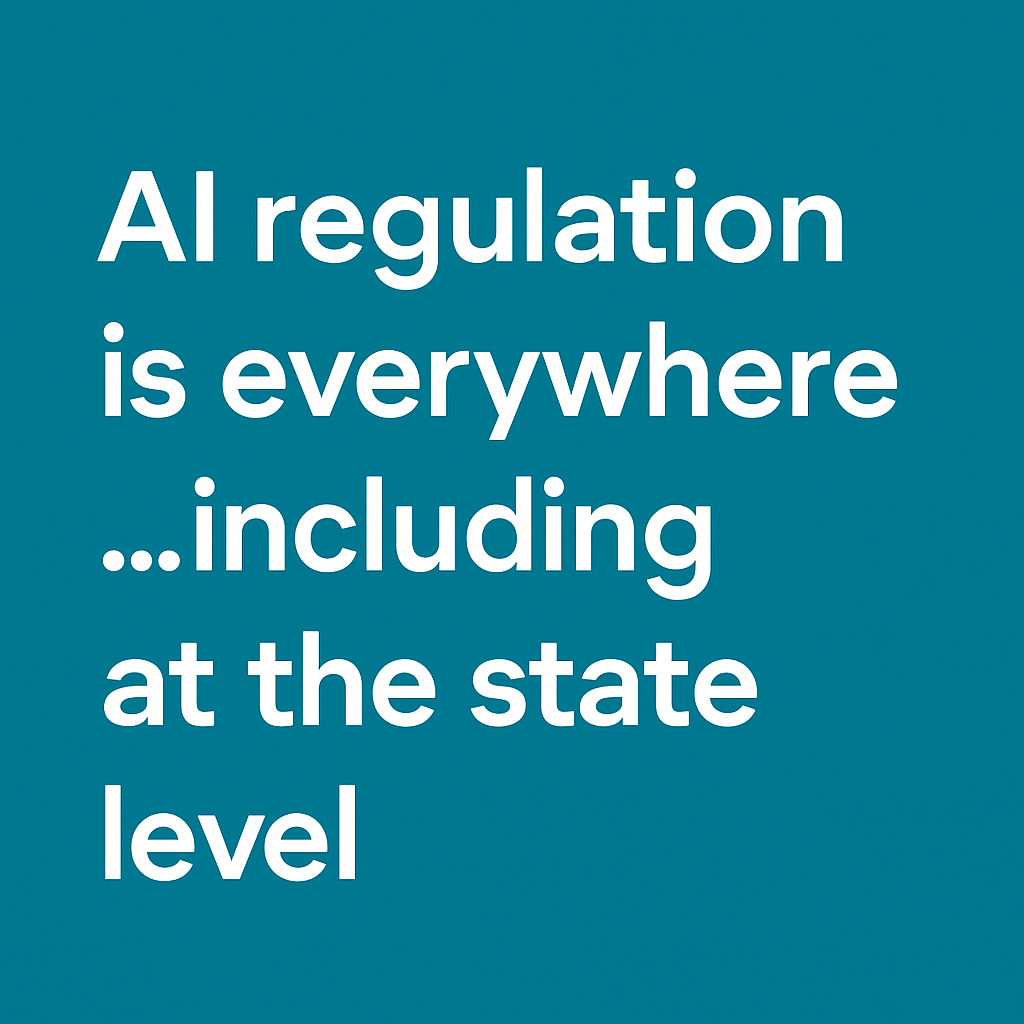Every day I talk with risk and compliance leaders looking for the best ways to use AI, machine learning, and automation to help boost their team’s efficiency and improve regulatory compliance. For the past two years, generative AI (gen AI) has been a big focus of our conversations. So, for organizational leaders that are still evaluating gen AI use cases, talk of evolution to agentic AI may be headspinning. But even if your organization is in the beginning stages of implementing AI into your systems and workflows, there is value in understanding how AI is evolving so you can prepare your operational environment to take advantage of AI’s maturing capabilities.
What is agentic AI?
Agentic AI are artificial intelligence systems designed to act and interact in smart and autonomous ways. Their autonomous abilities are what make them “agentic.” That is, they can act, invoke other technology tools, and make decisions independently in a dynamic environment. It’s these capabilities that differentiate agentic AI from, for example, robotic process automations (RPA). RPA can automate repetitive, rules-based actions, like copying and pasting data. Agentic AI has the ability to understand if the data needs to be copied and pasted in the first place. If it does, the AI agent can orchestrate and invoke the processes needed to complete that task or adapt to unexpected changes with the task. Through doing so, the agentic AI learns from the experience.
Why agentic AI is the next, big evolution in artificial intelligence
I like how McKinsey & Company describes the evolution of AI in its recent McKinsey Quarterly article: “In short, the technology is moving from thought to action.” Using a combination of machine learning, large language models, natural language processing, and analytics, engineers are creating technology that is capable of complex decision-making and planning, then autonomously putting those decisions and plans into action by automating tasks, processes, workflows, applications, and operations in a highly efficient way.
Agentic AI has the promise to turn virtual assistants into highly skilled helpers. Imagine if virtual assistants like Siri, Alexa, and Google Assistant could, as the McKinsey article supposes, plan and book complicated travel itineraries that take into consideration “numerous possible itineraries encompassing different airlines and flights, not to mention hotel rewards programs, restaurant reservations, and off-hours activities, all of which must be handled across different online platforms.” As a frequent world-wide traveler, this would be a dream! I’d be happy to transfer the amount of time saved by being able to orchestrate and automate these disparate actions to another important task.
Plus, agentic AI can learn from each workflow. Because agentic AI is built on the same large language models, machine learning, and decisioning capabilities that empower gen AI, it can analyze and evaluate workflows and output after the fact and identify an optimal way to get work done.
How agentic AI could impact the financial services industry
Agentic AI’s abilities to operate autonomously, adapt, and learn make for promising use at enterprise scale. For the financial services industry, which analyzes huge volumes of data as part of larger, complex workflows, agentic AI could produce big efficiency gains. Consider the vast amounts of customer data that are analyzed to create customized financial plans, investment portfolios, and savings strategies. By continuously learning from market trends and individual investor behavior, a system powered by agentic AI could adapt recommendations to continually changing circumstances.
Ebook → AI usage survey: Adopters, skeptics, and why it matters.
Agentic AI systems are powerful because they are expected to handle these complex, multi-step operations quickly and efficiently, but implementing the technology will be a challenge. I don’t expect to see fully agentic systems online in the financial industry in the immediate future, however, I do anticipate a few very real, very achievable use cases for agentic AI in the next few years. For example:
- Orchestrating complex regulatory reporting processes from end to end
- Assisting risk and compliance teams with assessment and workflow management
- Automating workflows for due diligence
More personalized client and customer services will be possible with agentic systems, as well, but in the short term, I do see the quick wins connected to enterprise operations.
Risks and considerations with agentic AI
You might be thinking, “But, Vall, we’re a highly regulated industry. We can’t rely on AI to make important judgement calls.” I absolutely agree with you. As with gen AI, we need to be cognizant of ethical and regulatory considerations of agentic AI. That’s why, no matter what evolution of AI your organization may use now or in the future, you will always need to have a human in the loop to validate outputs, check against bias, and enforce ethical standards.
Something else leaders need to consider as adoption of AI-based tools continues to increase — data. For agentic AI to work and work well, it needs access to the right data. Because it is an agent that can work autonomously, leaders will need to take steps to ensure that agentic AI is collecting, using, and storing data in compliance with data security, governance, and privacy laws.
How financial services organizations can prepare for agentic AI right now
According to McKinsey’s recent state of AI survey, more than 72% of surveyed companies are deploying AI solutions, with 65% using gen AI “regularly.” As enterprise-scale use of AI agents and multi-agent systems evolves, leaders should continue their work putting the right operational foundations in place, including:
- Defining and documenting business processes and workflows so you have visibility into the complexity of your operations, the operational gaps that exist, and opportunities for AI tools to create improvements
- Organizing your data for use by AI. Understanding where data resides, what is needed to access it, and any laws, rules, or regulatory requirements that may govern it.
- Building out internal AI guidelines and controls for training and testing workflows and processes that are invoked by or include AI agents.
Agentic AI has the potential to significantly transform the financial services industry by enhancing efficiency, improving decision-making, and enabling more personalized services. By continuing to digitize processes, implement agile tools, and build internal frameworks for training and governance, your organization can be better prepared to use evolving AI tools to significantly improve service delivery, operations, and compliance.
For more on how financial services professionals are using AI, download the ebook, AI usage survey: Adopters, skeptics, and why it matters.
The opinions provided are those of the author and not necessarily those of Fidelity Investments or its affiliates. Fidelity does not assume any duty to update any of the information. Fidelity and any other third parties are independent entities and not affiliated. Mentioning them does not suggest a recommendation or endorsement by Fidelity. The information regarding AI tools provided herein is for informational purposes only and is not intended to constitute a recommendation, development, security assessment advice of any kind.
1161881.1.0




-1.png)

